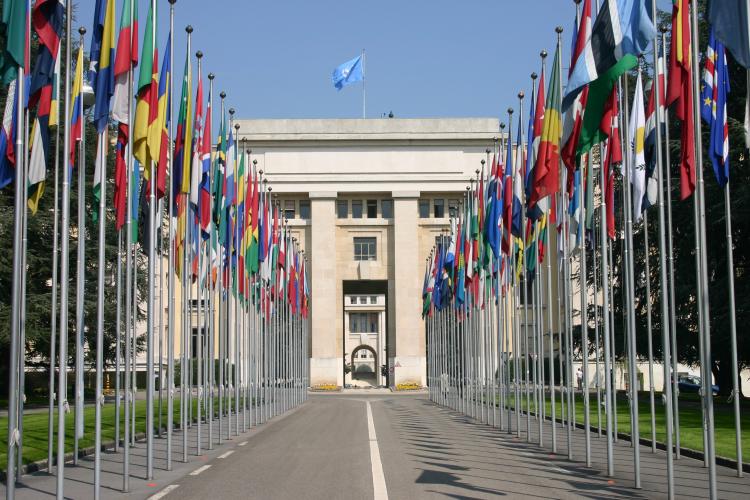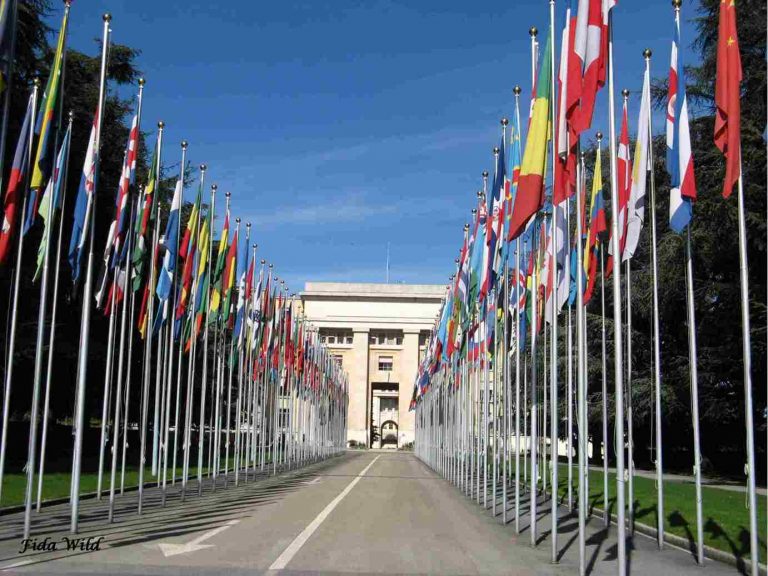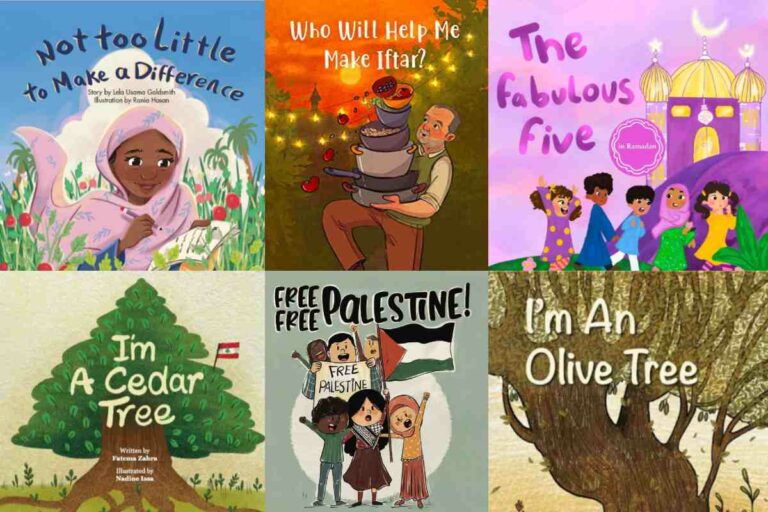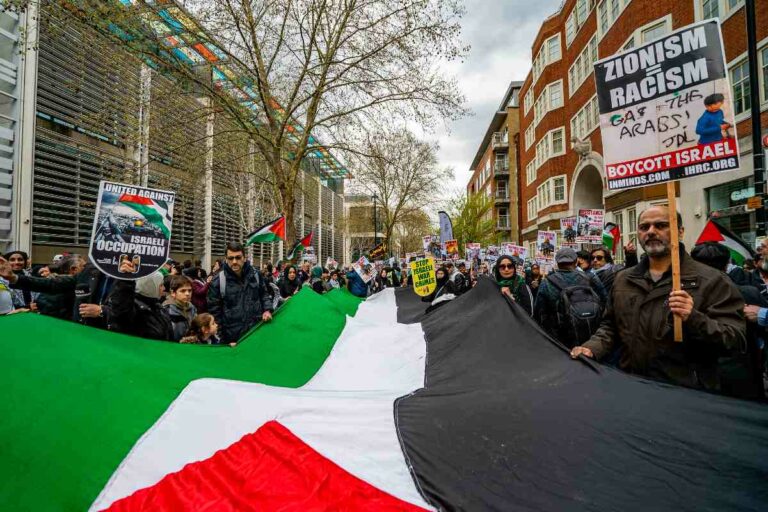Book: ‘The Afzal Petition: A Quest for Justice’
A book detailing vital information about Afzal Guru’s case, a Kashmiri Muslim facing execution for alleged role in attack on Indian Parliament
A book detailing vital information about Afzal Guru’s case, a Kashmiri Muslim facing execution for alleged role in attack on Indian Parliament
A book detailing vital information about Afzal Guru’s case, a Kashmiri Muslim facing execution for alleged role in attack on Indian Parliament
Following a surprising transfer to Colorado’s ‘supermax’ prison, Imam Jamil continues to be held in 23-hour solitary confinement.
Following a surprising transfer to Colorado’s ‘supermax’ prison, Imam Jamil continues to be held in 23-hour solitary confinement.
In this article, Victoria Brittain explores the many parallels between the treatment of Palestinians by Israel and that of Blacks by the apartheid South African regime, in particular focusing on the Western powers support for the oppressor in both cases. Brittain concludes that the only effective manner in which Palestine can be liberated is for the people of the world to use tactics similar to those used to topple apartheid – Boycott, Divestment and Sanctions.
We want to thank all of you who attended the recent Yawm-al Quds / Al-Quds Day demonstration in London in solidarity with the oppressed people of Palestine. May Allah, inshallah, hasten the day of victory for Palestine.
Website of the HAQ Movement is yet another human rights website that has been censored by the information ministry of Bahrain this year.
Yemeni student died in custody after the authorities deliberatley failed to pay heed to his critical medical conditions.




